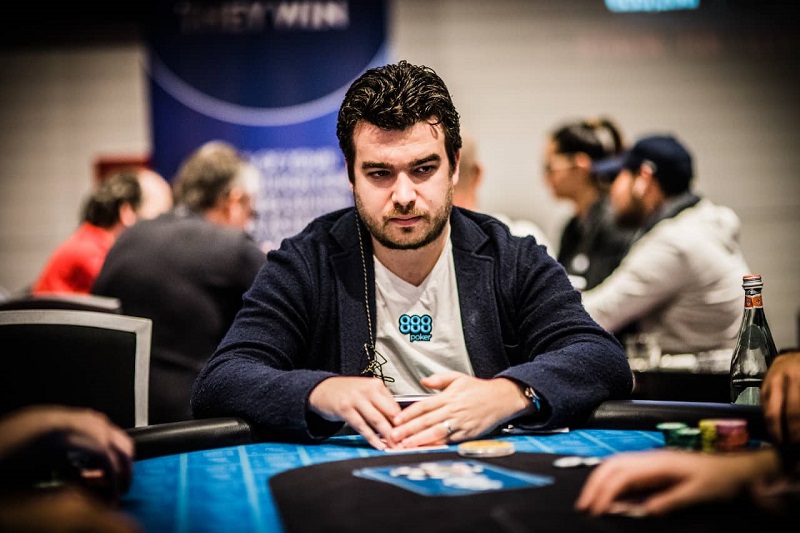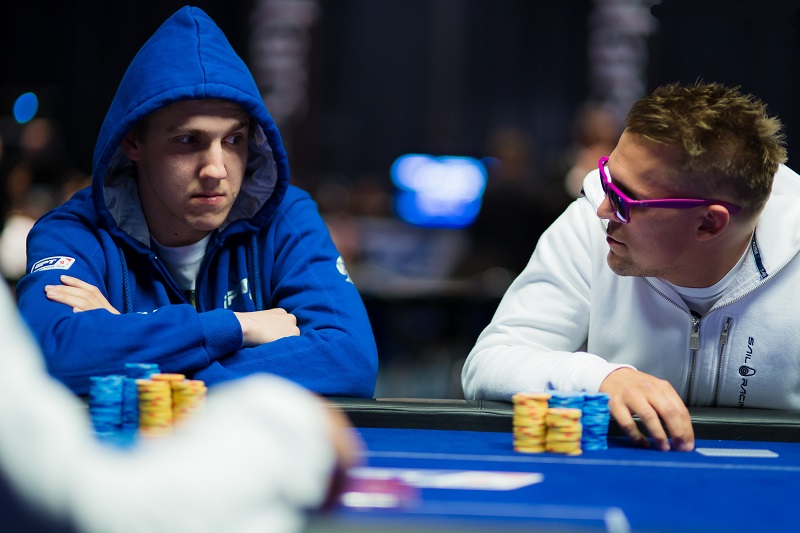
The Art of the Poker Face: Mastering Emotional Control in Poker
The concept of a ‘poker face’ is pivotal in the game of poker, not just as a part of the game’s culture, but as a critical strategy. This article delves into why maintaining a poker face is essential for success at the poker table.
The Psychology Behind a Poker Face
A poker face goes beyond masking emotions; it’s about creating an enigma. By concealing feelings and reactions, players prevent opponents from gaining insights into their hand’s strength or weakness.
This emotional neutrality is crucial in a game where information is power. A successful poker face can disrupt an opponent’s strategy, forcing them to make decisions based on limited information.
Moreover, a well-maintained poker face can also intimidate opponents, adding a psychological edge to the game.
Non-Verbal Cues and Tells in Poker
In poker, small physical or behavioral signs, known as ‘tells,’ can inadvertently reveal a player’s thoughts or intentions. A twitch, a glance, or even a change in breathing pattern can be telltale signs.
Maintaining a poker face helps in masking these tells, keeping opponents guessing about your next move. It’s not just about hiding fear or excitement but also about maintaining consistency in behavior regardless of the hand you’re playing.
Emotional Control and Decision Making
Emotional control is at the heart of a poker face. It’s about staying calm and composed, regardless of the highs and lows during the game.
This steadiness helps in making rational, strategic decisions, rather than impulsive ones based on temporary emotions. It’s crucial in poker, where one hasty move can turn the tides of the game.
Developing a poker face thus involves mastering emotional control, a skill that extends beyond the poker table and can be beneficial in various aspects of life.

Practicing and Perfecting the Poker Face
Perfecting a poker face takes practice and self-awareness. It involves recognizing your own tells and diligently working to conceal them.
Practicing in real games, observing reactions of others, and even recording your play to watch later can be effective methods. It’s about developing a conscious effort to control facial expressions and body language.
Remember, a poker face is not about being emotionless but rather about controlling and channeling your emotions effectively.
Conclusion: The Power of a Poker Face
Ultimately, a poker face is a powerful tool in a player’s arsenal. It’s a blend of psychological strategy, emotional control, and non-verbal communication skills.
While mastering it can be challenging, its benefits extend far beyond the poker table, enhancing decision-making and emotional intelligence in everyday life.
